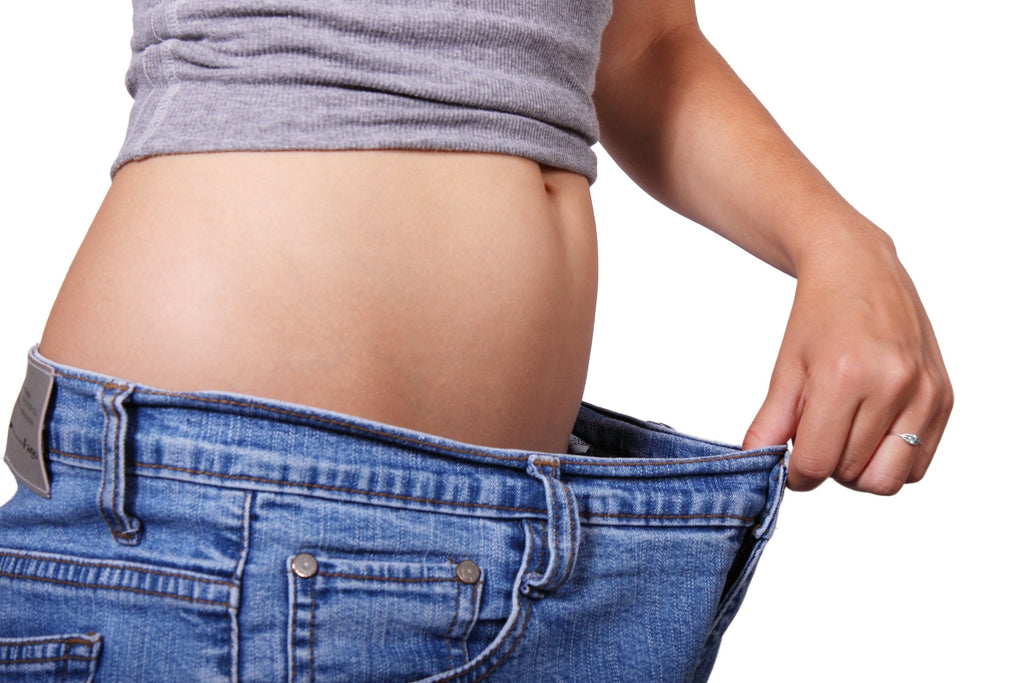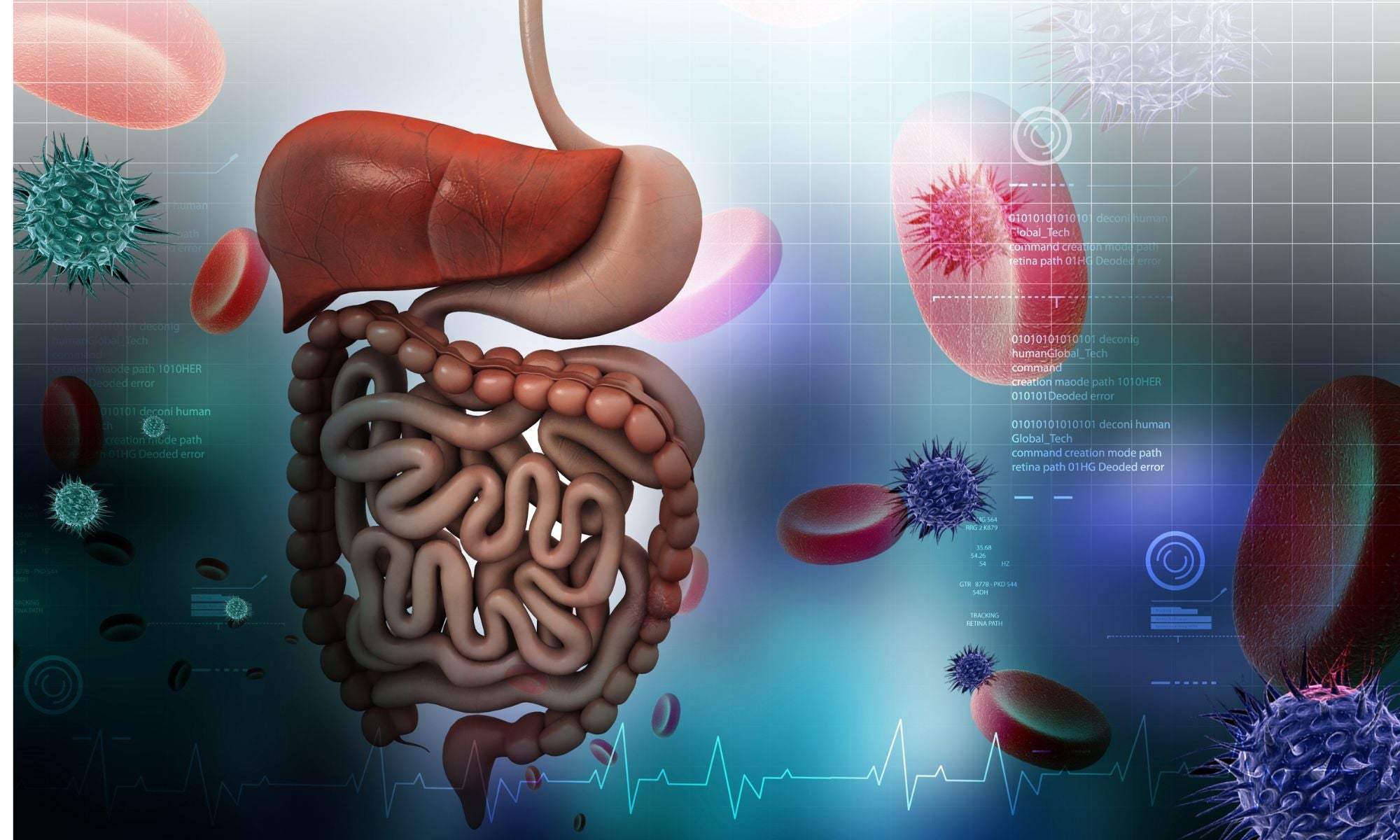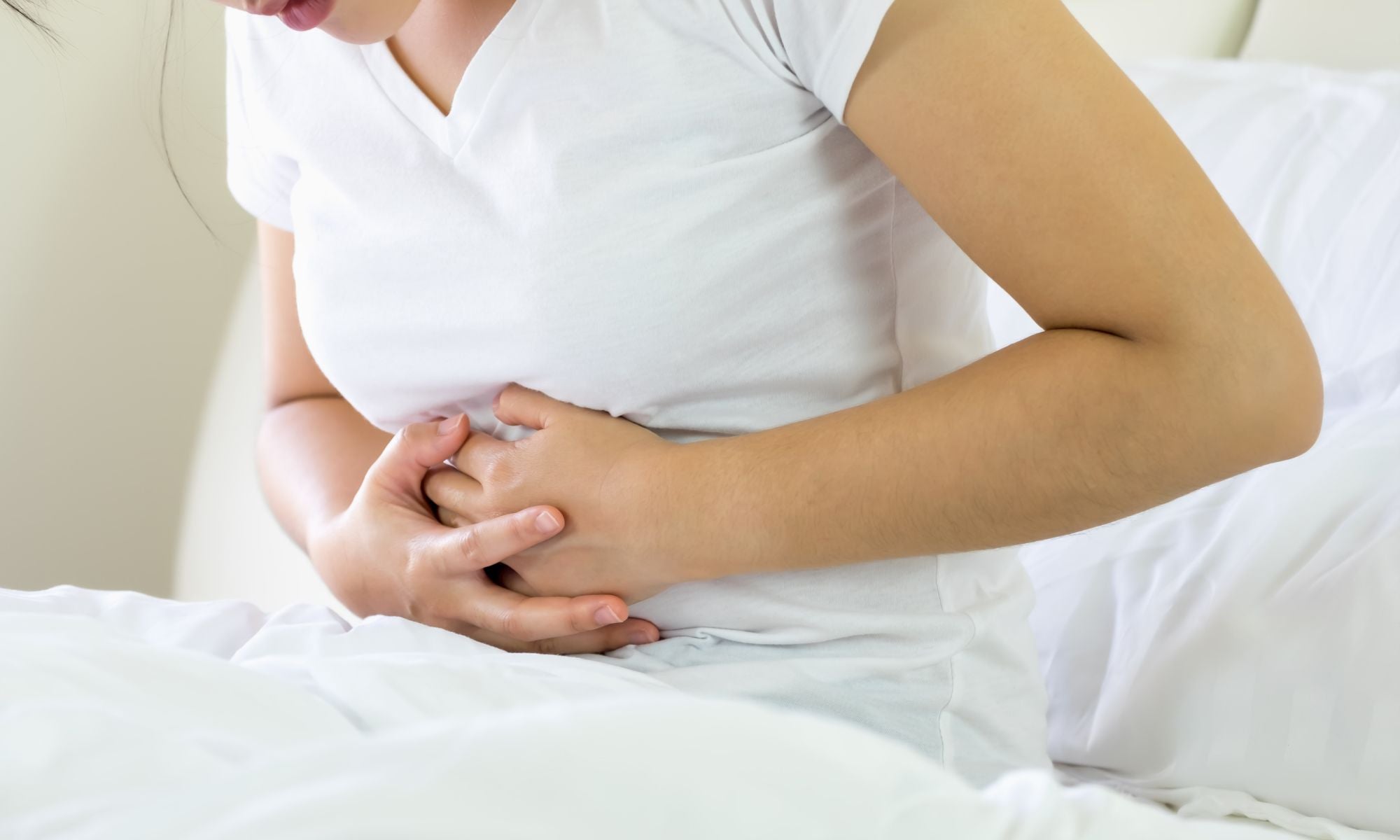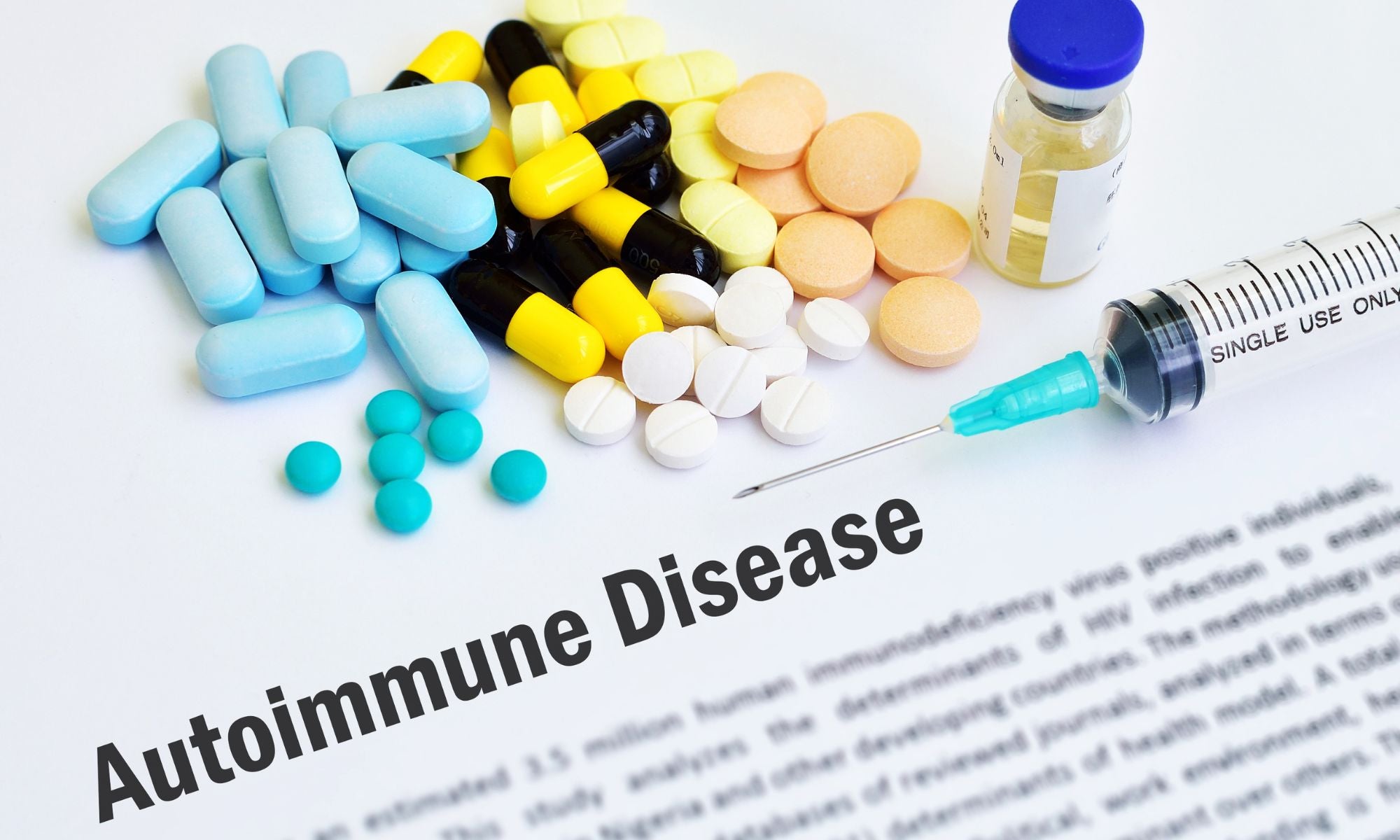
THE EFFECT OF THE GUT MICROBIOME ON WEIGHT
Learn more about the connection between your gut bacteria and your weight loss goals.
Today, more and more people are discovering illnesses and suffering from various health problems. Sadly, the modern diet and lifestyle of millions of people are to blame. Processed foods, artificial sweeteners, lack of sleep, lack of exercise, and high levels of stress--these factors do not promote a healthy gut microbiome at all.

Possessing a healthy gut positively impacts many health issues. One of those issues is weight. The bacteria in the human gut is able to impact the ability of people to lose or gain weight. It all depends on the condition of your gut microbiome, especially the level of good bacteria that you have.
Your genetics, together with your levels of vitamins and minerals, also play a huge role. The combinations of these things vary a lot from different people. One thing is for sure: gut bacteria greatly impacts the human body weight.
The connection between the human body weight and the gut microbiome has been studied extensively.

Let's study more about some recent evidence associating the gut microbiome into a person's ability to lose, gain, and maintain a healthy weight:
The Gut Microbiome and Weight Gain
Some people go on a diet and the pounds just don't seem to fall off. Others, on the other hand, find it very easy to lose weight.
Recent studies discovered that the gut microbiome plays a key role in this issue. The overall condition of a person's microbiome may have a great impact on his weight.

One study supports the potential role of the gut microbiome in obesity. Various findings propose that the composition of gut bacteria varies a lot between lean and obese individuals.
In this particular research of fecal matter transplants, it has been discovered that transferring the fecal matter from one lean individual to that of an obese individual, the insulin sensitivity has been enhanced in the group of obese participants.

A microbiota transplant experiment has also been performed on mice. In this animal study, germ-free recipient mice were colonized with microbiota samples taken from a lean or an obese mouse.
The impact of the experiment was observed for quite some time and experts found interesting results. Those who received microbiota transplant from obese donors gained twice as much body fat in comparison to those who received microbiota from lean donors.
![]() SUMMARY:
SUMMARY:
The overall condition of the gut microbiome may have a great impact on a person's ability to lose or gain weight.
LPS (also known as endotoxins) and Weight Gain

Every single person on the planet possess bacteria in the gut that are good and beneficial. At the same time, we also possess harmful types of bacteria.
Certain type of these unfriendly bacteria may produce an endotoxin known as lipopolysaccharides (LPS) molecules. LPS are linked to weight gain and tons of studies can back it up.
One study identified LPS as an obvious triggering factor to the onset of obesity, insulin resistance, and diabetes.
Another study proves that LPS are able to initiate inflammation issues which are connected with the onset of obesity.
A different study shows that a high-fat diet is able to increase LPS absorption, which has been linked to metabolic endotoxemia and inflammation that causes obesity. Another study confirms this by stating that the infusion or LPS results in weight gain and insulin resistance.

LPS have also been linked to various health problems, from something as simple as hair loss to something a serious as cancer. In small quantities, it may cause headache, fever, inflammation, and infection. But in huge amounts, LPS may produce severe diarrhea and hemorrhagic shock.
![]() SUMMARY:
SUMMARY:
There are certain type of unfriendly bacteria that may produce an endotoxin known as lipopolysaccharides (LPS) molecules, which has been associated with weight gain.
Antibiotics and Weight Gain

Antibiotics have been known to change the microbiome and lower its diversity. These changes are not to be taken lightly because they can result in weight gain and even lead to obesity. Especially in children, antibiotic use has been proven to result in a higher risk of adult obesity.
Did you know that antibiotics have been used for decades to fatten animals? Farm animals that have been given antibiotics increase their weight successfully. There is truly a connection between growth promotion and low doses of antibiotics.

One study conducted on mice used multiple types of antibiotics and proved this connection. Treatments using antibiotics may result in long-term alterations in the composition of the gut microbiome, causing changes to a lot of metabolic functions. This insight adds to how these microbiota-modulating agents may have been contributing to obesity and weight gain issues.
In 1955, a randomized controlled trial has been conducted with Navy recruits. They undergo a 7-week course of antibiotics and the results were significant. Greater weight gain has been observed in the treated group in comparison with the placebo.
However, antibiotics don't need to be avoided at all costs. In fact, they have been very helpful in saving people's lives for decades. The key is to rebuild the gut microbiome after each consumption of antibiotics. Doing so will help avoid harmful consequences.
![]() SUMMARY:
SUMMARY:
Antibiotics have been known to alter and lower the diverity of the gut microbiome. If not dealt with imediately, it may lead to weight gain or obesity.
Conclusion

Several studies show that an unhealthy gut with less microbiome diversity can result in weight gain. It turns out, your gut bacteria might be the missing link in your strategy to lose weight! The "microbiome diet" may also help.
Re-balancing the gut microbiome is necessary to achieve a healthy weight, eliminate the harmful LPS producing bacteria, and avoid the negative consequences of antibiotics.
There are so many studies being conducted about these matters at the moment. We can expect to see more research on this topic over the next few years.












